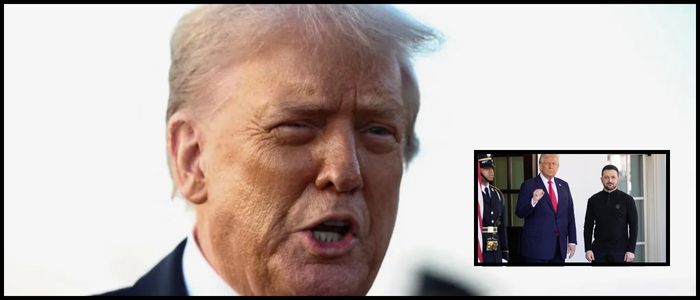This announcement followed mere days later on Moscow's largest aerial assault in the war, using at least 810 drones in addition to 13 missiles against Ukraine, which left at least four people dead and struck Kyiv for the first time by hitting the Ukrainian state's principal government building.
Further, President Trump stated he was "not happy with the whole situation" and that some of the European leaders would be headed to Washington, although he did not name them.
Since President Trump and President Putin met at a summit in Alaska in mid-September, Russia has ramped up attacks against Ukraine. Ukrainian President Volodymyr Zelensky said he encouraged European countries not to buy Russian oil and gas, while also stating it was "not fair" that partners were making deals with the Kremlin.
However, he praised the Washington-led push for a secondary tariff on any country doing energy business with Russia, saying cutting the funding of a war machine was "the right idea."
Big Money and Energy
Since Russia began its full-scale invasion in March 2022, it has taken home around $985bn (£729bn) from sales of oil and gas. Some, including China and India, have been large importers of Russian oil and gas, while the EU shrank its own imports but did not discount purchasing completely, despite Brussels seeking to stop energy imports from Russia entirely by 2027.
The U.S. even imposed 50% tariffs on goods from Indian for continued buying of Russian oil, while the Indian government said it will always look for "the best deal" to support the population.
Similar to Russia, it has committed to long-term developments of gas supply increases to China after making its state visit to Beijing.
OPEC+, of which Russia is a member, also endorsed the oil production increases, likely with hopes to drive prices down broadly. U.S.
Treasury Secretary Scott Bessent argued that the more EU countries increase sanctions and tariffs, eventually it will drive the Russian economy into collapse and potentially lead to some negotiating from President Putin.
















